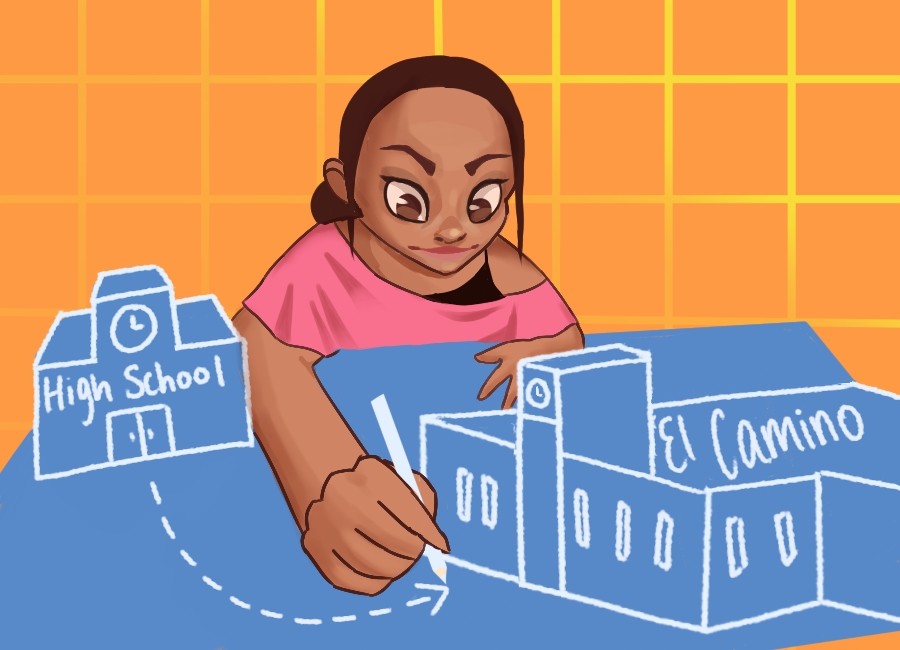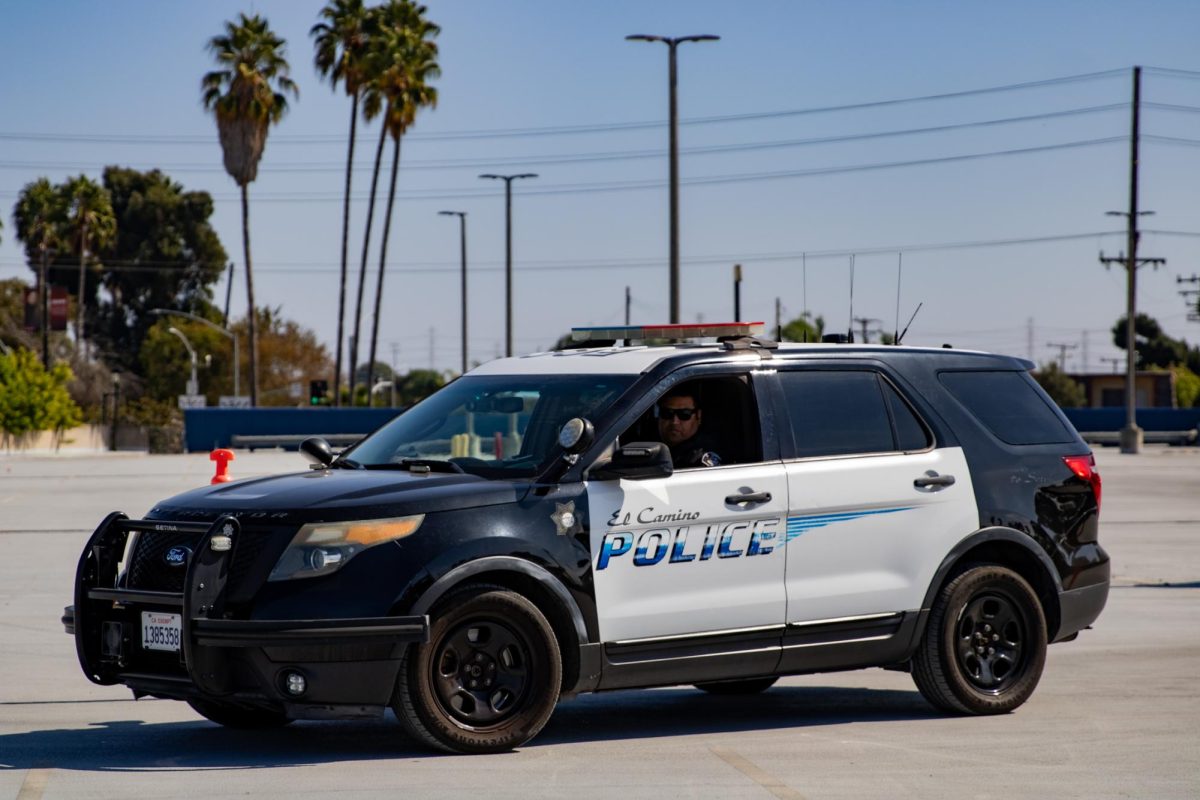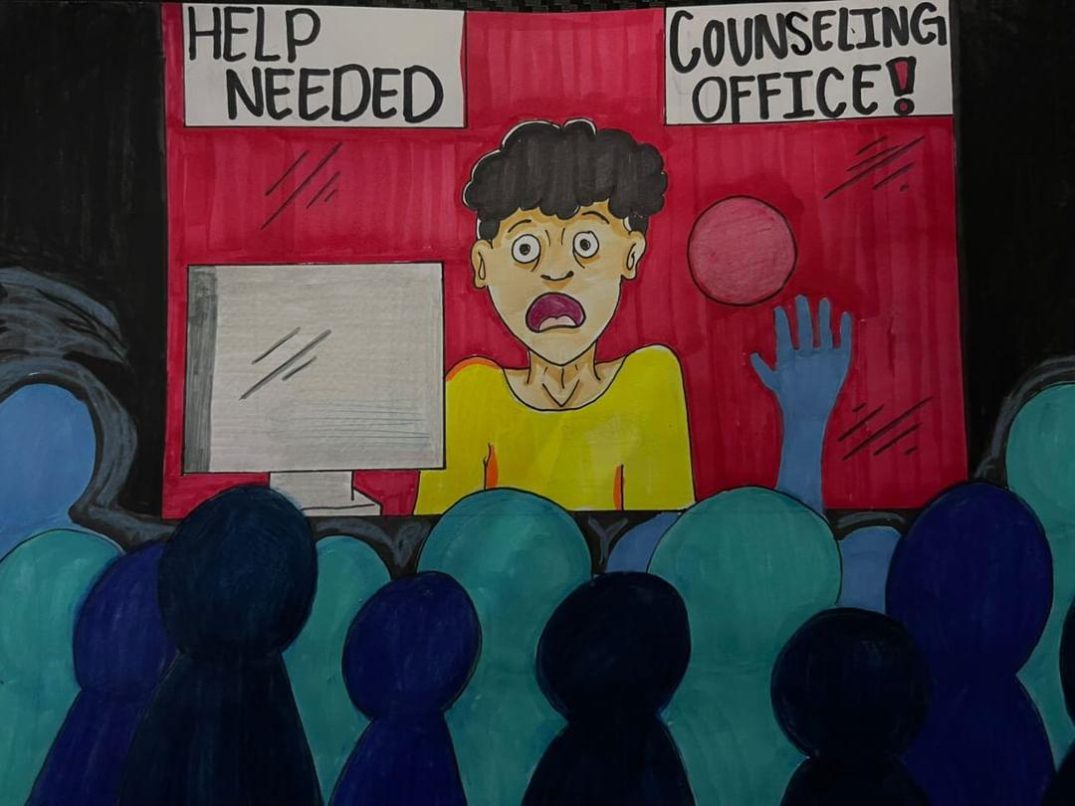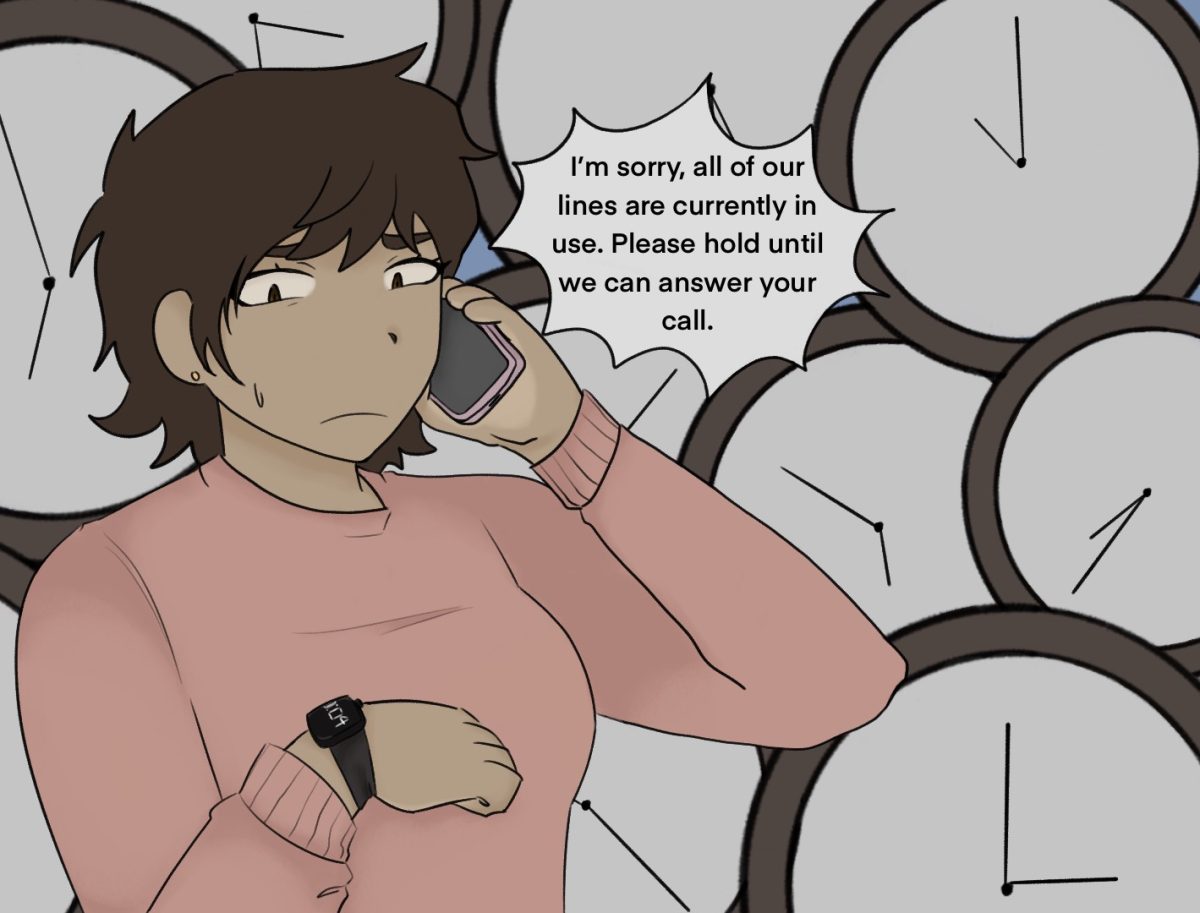As you walk down a street in your neighborhood, pay attention to the types of litter you might come across: You might soon realize there are plastic bags galore.
This litter not only make your neighborhood dirty, but it also ends up blocking flood drains that help prevent street flooding. Some of these same bags end up in our oceans, where they are lethal to marine life.
Some of these animals mistake the floating debris for food and choke to death. Sometimes they do not have to ingest it to die; they could just simply find themselves tangled in it and drown.
Plastic bags are not only hazardous to wildlife but to the environment, as well. Plastic takes numerous years to decompose and takes up space in the landfills.
However, there are alternatives to using plastic bags.
Paper bags are recyclable and are easily available at the check-stands at most grocery stores.
There are also biodegradable trash liners for those who reuse plastic bags as garbage bags at home.
The biodegradable bags decompose when exposed to sunlight or moisture. But the most common alternative to plastic bags is using the “green bags” that are becoming more available in local grocery stores.
These bags made of fabric are durable, sturdy and will allow you to carry more items than a flimsy plastic bag.
Furthermore, if consumers still feel the need to use plastic bags, then they should be taxed or pay more than consumers who are looking for alternatives that are less harmful to our environment.
So next time you find yourself being asked “paper or plastic,” think about the harms that comes with using plastic, and simply choose paper bags.






